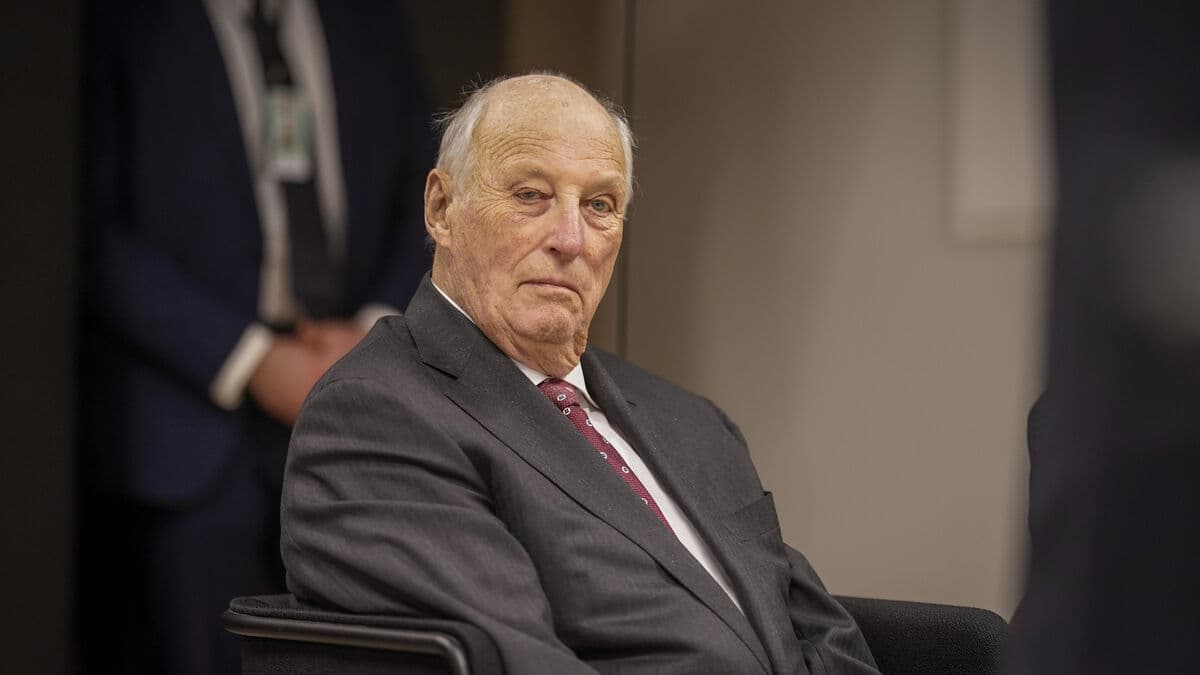Forensic psychiatry in Sweden is filled to bursting, according to figures from the Swedish Association of Local Authorities and Regions (SALAR) the occupancy rate is far above 100 percent.
It's a very difficult situation for the regions responsible for forensic psychiatry and it's not unknown to me, says Jakob Forssmed to TT.
The National Board of Health and Welfare was tasked by the government last spring to strengthen and develop compulsory psychiatric care and forensic psychiatric care, among other things with a focus on the discharge process of patients.
This has been identified as crucial to the increased care times within forensic psychiatry, which is what lies behind the high occupancy rate.
A major problem is that when the discharge process doesn't work, people remain in forensic psychiatric inpatient care, says Jakob Forssmed.
Better Support
From the National Board of Health and Welfare's side, it can include better supporting initiatives from municipalities and regions to facilitate discharges.
I don't rule out other measures either, but this is to improve the situation, of course. Now we're also allocating additional funds to psychiatry in general next year. It will, of course, make it easier for the regions when it comes to forensic psychiatry.
The fact that several regions have now decided on new places within forensic psychiatry is also "completely necessary", he says.
Ongoing Investigation
Does the government have a responsibility for how things look?
It's the regions' responsibility, but the government can assist in various ways, and one way is this task to the National Board of Health and Welfare.
Further measures can always be considered, says Jakob Forssmed, who also points out that the so-called Care Responsibility Committee is now investigating whether the state should take over the responsibility for healthcare.
The fact that not all those convicted today get a place and can remain in custody without care or even be released, he finds worrying.
It's deeply unsatisfactory, both because there is naturally a risk of reoffending among these individuals, but also because they are a vulnerable group, says Forssmed.






